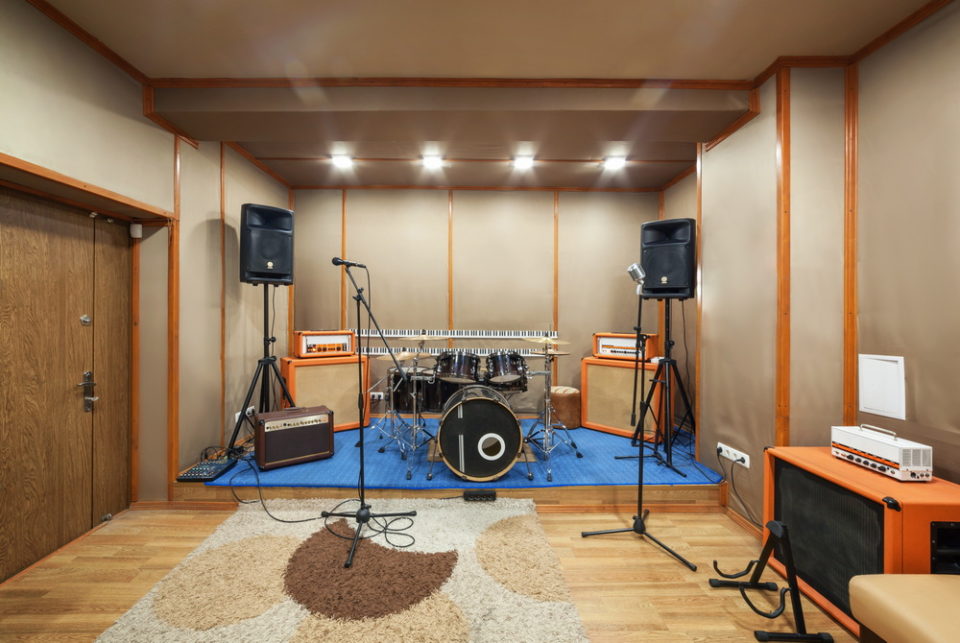The word ‘beats’ is an interesting one. It has multiple definitions related to very different topics. For example, a radar technician would define a beat as the electronic pulses that show up on their screen. To a police officer, their beat would be the area they patrol. Beats are wireless headphones if you’re talking to Dr. Dre.
In music, the word also has multiple definitions. The definition in use at any one time depends on who you ask. It depends on the context. For the purposes of this post, we will look at beats as both a musical notation and a tool for producing hip-hop music.
Beats As a Musical Notation
Any musical composition you hear or play can be represented on a piece of paper using a musical staff and a variety of symbols that tell musicians what to play and when to play it. On paper, a song is divided into small sections known as measures. Each measure has a certain number of beats in it.
For a song in 4/4 time, each measure gets four beats. If you do not understand what this means, just tap your leg four times. Now, do it again. Keep doing it, counting in sets of four as you tap. You are tapping four beats per measure.
The 4/4 designation indicates a song’s rhythm. The first digit tells you know how many beats per measure while the second tells you what note gets one beat. So in this example, the song gets four beats per measure and the quarter note is equal to one beat.
As a Music Production Tool
Some musicians refer to beats when talking about hip-hop music. To the hip-hop artist, a beat is the musical portion of a song that is played behind the lyrics. It is the accompaniment if you will. Because hip-hop’s focus is the spoken word rather than any particular melody line, beats don’t have to be terribly melodic or flowery. They do not even have to be recorded by live musicians.
Beats for hip-hop songs can be produced electronically using MIDI technology. According to Supreme Tracks, an online recording studio, a beat can maintain a single note and baseline throughout. It can also feature other notes, but movement between notes tends to be kept to a minimum.
Why would an artist buy beats? Because doing so is an easy and efficient means of obtaining the foundation music for a new song. It is also very inexpensive compared to hiring musicians to record the music live. You buy a beat and add your vocals and that’s it. For live performances, you play the beat over your sound system and do your vocals live.
Buying Licensed Beats
As a side note, there are plenty of websites that offer free beats for download. However, that may not be your best option. Free beats may only contain a few seconds of music. You have to loop them to get a complete song. In other cases, you might not be able to use free beats for any music you want to monetize.
Artists serious about making music for a living are better off buying and licensing professional beats. Buy a lifetime license and you can monetize the beats you buy in any way you see fit. If you are not looking to monetize, you can buy cheaper beats that are still equivalent to a full-length song thereby avoiding the need to loop.
And now you know two ways to define ‘beats’ in the music world. Aren’t you glad you asked?

